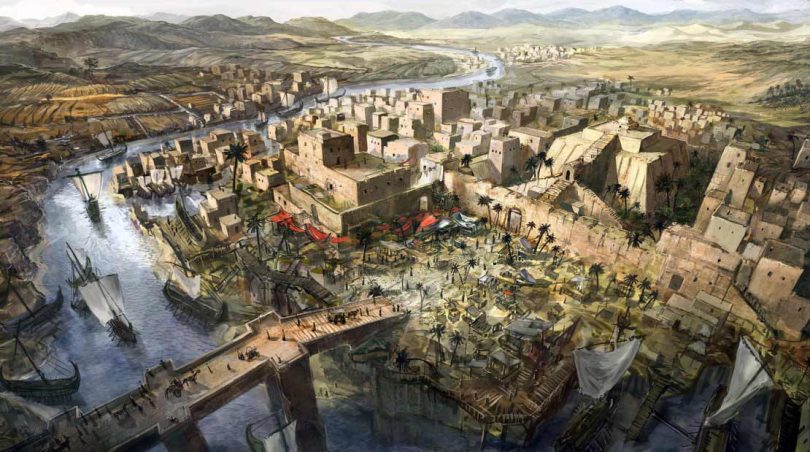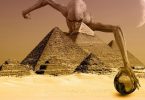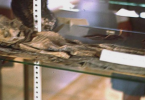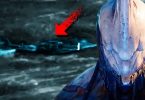Uruk was a city that existed south of the valley of the rivers, on the banks of the Euphrates and from that point, its culture spread throughout Mesopotamia to become the first and most important city on the planet . Cradle of majestic and legendary kings like Gilgamesh. A God who was far removed from what we know as “human” and was closer to an extraterrestrial. But before talking about Gilgamesh, we have to mention the origins of one of the most mysterious cities of ancient times.
Origins and discovery of Uruk
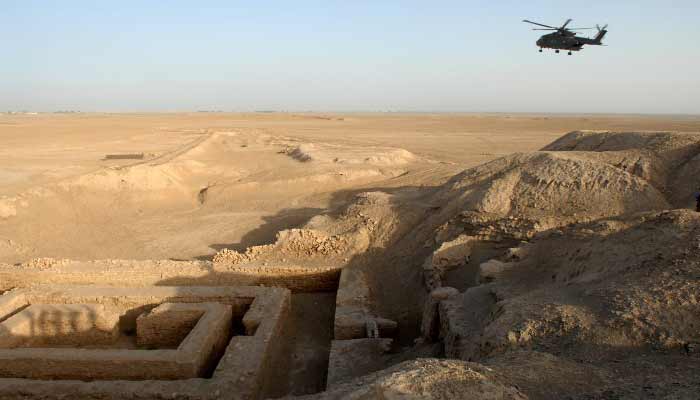
It was discovered in 1849 thanks to William Loftus, although the most renowned archaeologists did not arrive at it until the next century; 1912-1913. Julius Jordan together with the East German Society discovered the Ishtar temple during that time, surprising him with its mosaics and adobe bricks.
But what surprised him the most were the ruins of the ancient wall that covered the entire city more than 3,000 years ago. C, which, according to later studies, reached more than 15 meters in height and had a length of more than 9 kilometers. Wall that was built by King Gilgamesh.
In the 1950s, Heinrich Lenzen found some tablets written in the Sumerian dialect and dated around 3,300 BC. C. and who described Uruk as the first urban center that used writing , as a common communication method, from day to day.
All these findings demonstrated, very contrary to what everyone believed at the time, that Uruk became, not only the first urban human settlement, but also the nucleus of society , with a flourishing economic power superior to anyone.
In addition, standing out in the succession of temples crowned in ziggurats and palaces, who came to house for 2,900 BC. C, at least 80,000 people, making it the first city on the planet.
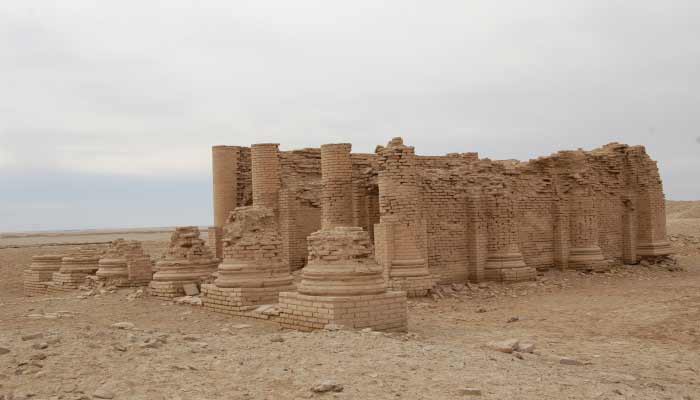
Throughout its history, Uruk also lived through different stages, its foundation as a Neolithic settlement around 5,000 BC. C., becoming a powerful and influential city between 4,000 and 3,000 BC. C, until its disappearance after 700 AD. C.
Even so, the influence of Uruk was so powerful, that there is a period of time that bears his name, making it the most influential metropolis of human societies .
However, it is still unknown how Uruk came to be the epicenter of society and had so much dominance . His economic power was known, the perfect land that existed in the valley of the two rivers, which surely made him grow the best food in the area.
Possibly this attracted more people who joined urbanism, creating businesses with different regions, causing people to not have to fight for their subsistence, giving them the opportunity to dedicate themselves to other tasks, creating all kinds of activities, festivities, art and more. .
But it is also believed within theoretical circles, that he had a “divine” influence, that he did not belong to this planet.
The mysterious stories of the Gods
Who gave origin to this city was Enmerkar , a being who has been in the eye of the hurricane since… always. Zecharias Sitchin, one of the greatest scholars of antiquity, even mentions Enmerkar’s dispute with the Lord of Aratta.
A dispute that ended with a great storm that unraveled a terrible drought that invaded Aratta, which Enmerkar wanted to take advantage of to take over his kingdom.
The lord of Aratta, according to history, declared the following: « Inanna , the queen of the lands , has not left her House in Aratta; he has not given Aratta to Erek. Inanna was a Goddess who moved in her “space ship”, and can be seen in representations as if she piloted some kind of ship .
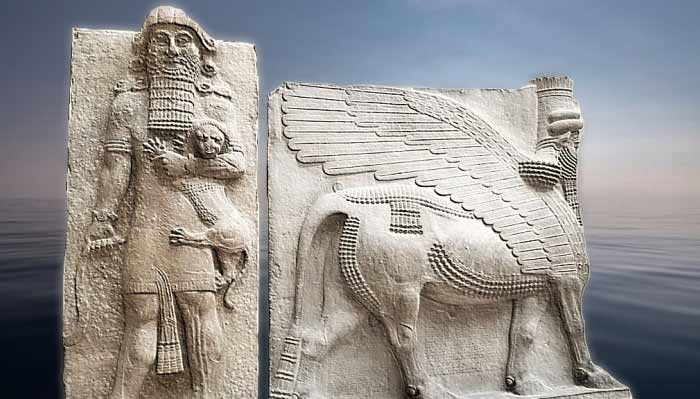
Cuneiform tablets that were found in Nineveh, tell stories of giants, strange monsters and, of course, mysterious flying ships.
Of all these, the one that attracts the most attention is Gilgamesh, considerada la epopeya más antigua de la humanidad, incluso más que el Viejo Testamento, quién copió claramente su historia acerca de la creación, cambiando el nombre de Gilgamesh por Noé.
A being of 5,000 years ago who ruled Uruk despotically , and that certain historical texts show him as someone who really existed, but with a fantastic and unknown origin .
Unfortunately, its complete story did not survive the passage of time, but what can be intuited in the rest of the tablets found, show a story of struggle, life and death.
The Sumerians regarded Gilgamesh as “The man for whom all things were known . ” They said it was a hybrid between gods who “came from heaven” and humans. In addition, they mention that it had no defects; when the gods created it, two-thirds God and one-third human made it. Creating a perfect being.
As we have been able to observe, many parts of “our history”, told by archeology and orthodox and traditional history, hide many details from us about our origins. Uruk is a clear example of this, along with his stories about Gods that lead us to think if, really, there was no “influence” beyond what we know.

